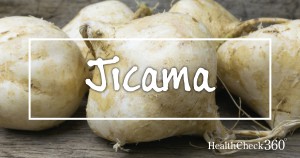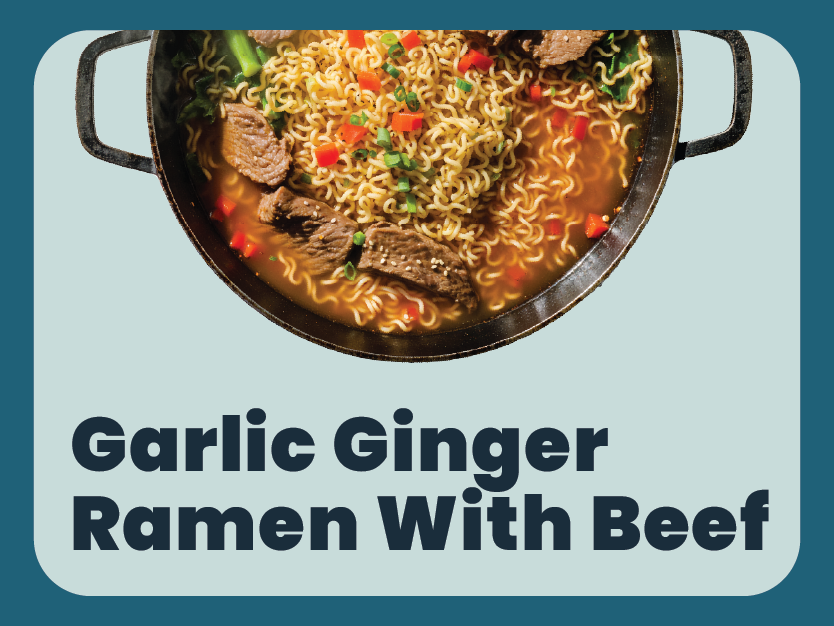On-Demand Webinar | Running For Your Heart
February is Heart Health Month—a perfect time to focus on the habits that keep your heart strong.



Jicama has a unique blend of vitamins and minerals that helps your body in many ways. Its potassium can help manage blood pressure, its copper and iron maintain healthy circulation, and its Vitamin B6 increases brain function and cognitive abilities.
When choosing a jicama at the grocery store, make sure to pick the one that has the smoothest skin and no blemishes. In this case, bigger is not always better. As the root of jicama grows, the veggie loses its flavor and its texture becomes a bit tougher. So if you want big taste, chose a little jicama!
To use this exotic veggie, think salad or stir-fry. Or pair it with other fruits or veggies to make a light salsa. Here’s one of our favorite recipes:
Jicama Mango Salsa
Ingredients:
Instructions:
Source: http://www.chowhound.com/recipes/jicama-mango-salsa-30715
Looks for more colorful Fresh Finds on our blog from May 13 - June 3!

February is Heart Health Month—a perfect time to focus on the habits that keep your heart strong.
![[Free Download] February 2026 Well-Being Calendar](https://www.healthcheck360.com/hubfs/1.%20Marketing/Well-Being%20Calendar/2026/February/February%20Calendar%20Images%202026_myHC360+%20social.png)
February is the perfect time to focus on your heart health and build habits that last. Our February Well-Being Calendar is a simple, daily guide...

Adding garlic and ginger to ramen is a game changer! This recipe has vegetables, lean protein, and lots of flavor. Give it a try and let us know...